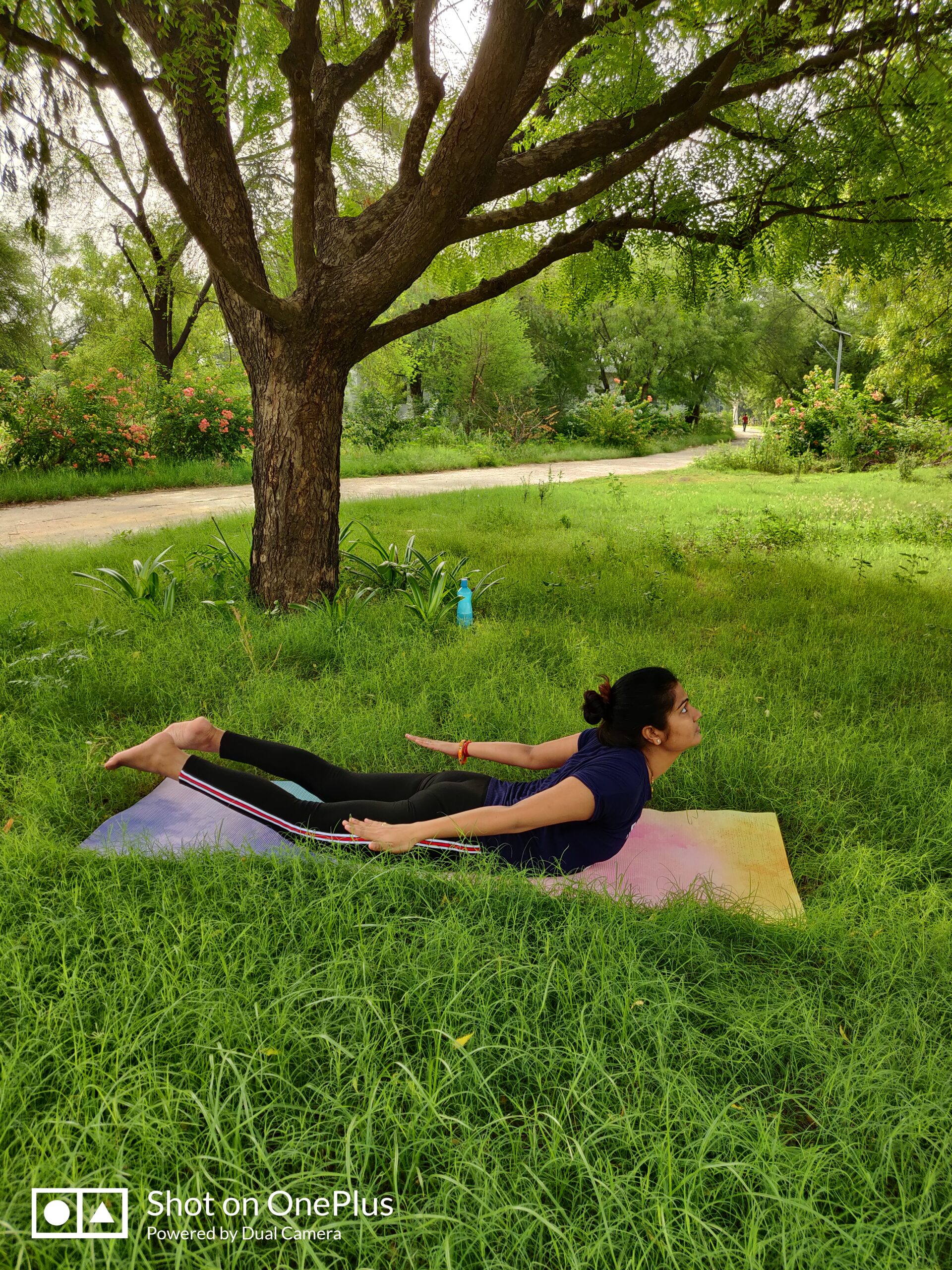Introduction: Premenstrual Syndrome (PMS) is a common yet often disruptive condition experienced by many menstruating individuals. While conventional treatments exist, naturopathic approaches offer a unique and holistic perspective on managing PMS symptoms. In this comprehensive article, we delve into innovative naturopathic treatments and therapies for PMS, addressing hormonal imbalances, promoting overall well-being, and embracing personalized care.
Causes and Symptoms of Premenstrual Syndrome (PMS): Navigating the Hormonal Rollercoaster
Premenstrual Syndrome (PMS) is a complex and often perplexing condition that affects menstruating individuals. While the exact causes are not fully understood, a combination of hormonal, genetic, and lifestyle factors contribute to its onset. Understanding these causes and recognizing the diverse range of symptoms is essential for effectively managing PMS. In this section, we delve into the primary causes of PMS and the common symptoms associated with this condition.

Causes of PMS: Unraveling the Factors
- Hormonal Fluctuations: PMS is primarily triggered by hormonal changes that occur during the menstrual cycle. The rise and fall of estrogen and progesterone levels can lead to physical and emotional symptoms.
- Serotonin Imbalance: Serotonin, a neurotransmitter that affects mood and emotions, may play a role in the mood-related symptoms of PMS. Fluctuations in serotonin levels can contribute to mood swings, irritability, and anxiety.
- Genetic Predisposition: A family history of PMS or mood disorders can increase the likelihood of experiencing PMS symptoms.
- Sensitivity to Hormones: Some individuals are more sensitive to hormonal changes, making them prone to experiencing PMS symptoms.
- Nutritional Factors: A diet high in sugar, caffeine, and processed foods can exacerbate PMS symptoms. Nutrient deficiencies, particularly in B vitamins and magnesium, may also contribute.
- Stress and Lifestyle: High levels of stress, inadequate sleep, and lack of physical activity can worsen PMS symptoms.
Common Symptoms of PMS: Recognizing the Signs
PMS symptoms vary widely among individuals and can range from mild to severe. They typically occur during the luteal phase of the menstrual cycle, which is the two weeks before menstruation. Common symptoms include:

- Physical Symptoms:
- Breast tenderness or swelling
- Abdominal bloating and discomfort
- Headaches or migraines
- Fatigue and low energy levels
- Muscle aches and joint pain
- Emotional and Psychological Symptoms:
- Mood swings and irritability
- Anxiety and nervousness
- Depression and sadness
- Difficulty concentrating
- Changes in appetite and food cravings
- Behavioral Symptoms:
- Insomnia or disrupted sleep patterns
- Social withdrawal
- Decreased libido
- Difficulty in managing stress
- Cognitive Symptoms:
- Difficulty focusing or concentrating
- Memory lapses
Naturopathic Treatments and Therapies for Managing PMS: A Holistic Approach to Hormonal Harmony
Premenstrual Syndrome (PMS) can be a challenging experience, but naturopathic treatments and therapies offer a comprehensive and personalized approach to managing its symptoms. By addressing hormonal imbalances, promoting nutritional balance, and enhancing overall well-being, individuals can find relief from the physical and emotional challenges of PMS. In this section, we explore a range of naturopathic treatments and therapies that contribute to hormonal harmony and alleviate PMS symptoms.
1. Herbal Medicine:
Herbs with adaptogenic, hormone-balancing, and anti-inflammatory properties are integral to naturopathic PMS management:
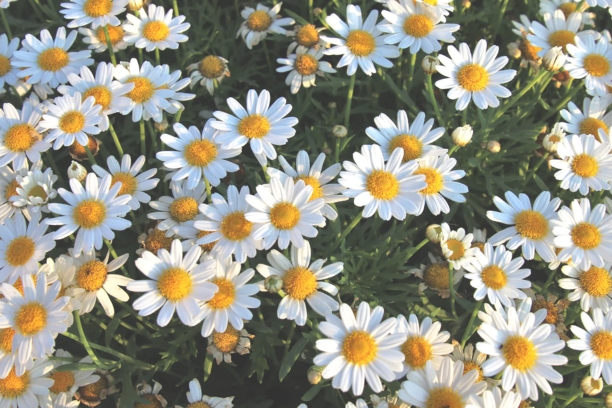
- Chaste Tree Berry (Vitex Agnus-Castus): Regulates hormonal fluctuations and supports the pituitary gland.
- Black Cohosh: Eases mood swings, irritability, and hormonal imbalances.
- Dong Quai: Supports hormonal balance and alleviates symptoms related to estrogen fluctuations.
2. Nutritional Support:
A balanced and nutrient-rich diet plays a significant role in managing PMS symptoms:
- Omega-3 Fatty Acids: Reduce inflammation, alleviate breast tenderness, and support emotional well-being.
- B Vitamins: Particularly B6, B9 (folate), and B12 support mood balance and reduce symptoms.
- Magnesium: Eases muscle tension, relaxes blood vessels, and supports mood stability.

3. Mind-Body Techniques:
Stress management and emotional well-being are crucial for alleviating PMS symptoms:
- Mindfulness Meditation: Reduces stress, anxiety, and emotional symptoms.
- Yoga and Breathing Exercises: Enhance relaxation and promote hormonal balance.
- Biofeedback: Trains individuals to regulate physiological responses, promoting emotional stability.
4. Acupuncture and Traditional Chinese Medicine:
Acupuncture stimulates energy flow and addresses hormonal imbalances, providing relief from various PMS symptoms.

5.Shirodhara Therapy: Finding Serenity in the Midst of PMS
Shirodhara, a deeply soothing Ayurvedic therapy, holds the potential to alleviate the physical and emotional discomfort of Premenstrual Syndrome (PMS). By guiding a continuous stream of warm oil onto the forehead’s “third eye” area, shirodhara induces relaxation, balances the nervous system, and nurtures the body’s innate healing capacity.
The Essence of Shirodhara: A Time-Honored Tradition
Shirodhara, derived from the Sanskrit words “shiro” (head) and “dhara” (flow), has its roots in Ayurveda, the ancient Indian system of medicine. The therapy involves gently pouring warm herbal oil, medicated milk, or other therapeutic liquids in a continuous stream onto the forehead’s center.
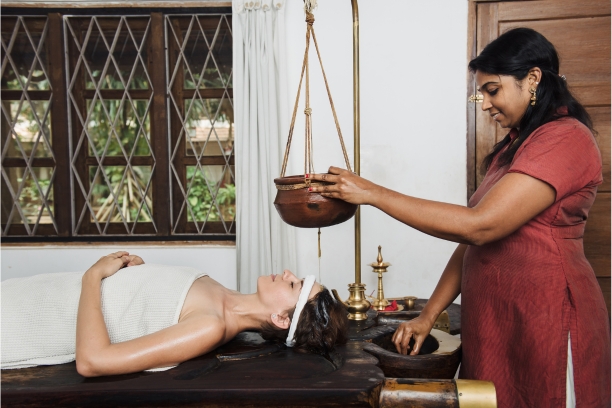
Benefits for PMS: Soothing the Physical and Emotional Storm
- Stress Reduction: Shirodhara stimulates the parasympathetic nervous system, triggering the relaxation response. It reduces stress, anxiety, and emotional tension, often aggravated by PMS.
- Hormonal Balance: The therapy’s calming effect extends to hormonal harmony, potentially alleviating mood swings and irritability associated with PMS.
- Enhanced Sleep: Shirodhara’s tranquility-inducing nature promotes deep and restful sleep, which is vital for emotional and physical well-being during PMS.
- Cognitive Clarity: The meditative state induced by shirodhara can enhance mental clarity, helping individuals navigate the cognitive challenges of PMS.
- Relief from Physical Discomfort: Shirodhara’s rhythmic flow can ease muscle tension, headaches, and body aches commonly experienced during PMS.
5. Lifestyle Modifications:
Adjusting daily routines and habits contributes to overall hormonal harmony:
- Regular Exercise: Enhances mood, reduces stress, and improves circulation.
- Adequate Sleep: Promotes hormonal balance and supports emotional well-being.
- Stress Reduction Techniques: Incorporating techniques such as progressive muscle relaxation and visualization reduces stress’s impact on hormones.
6. Hormone Testing and Personalized Treatment Plans:
Naturopathic doctors conduct comprehensive assessments to identify hormonal imbalances and design individualized treatment plans:
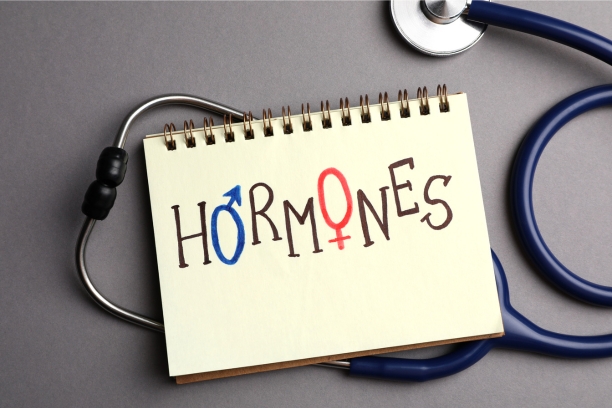
- Salivary Hormone Testing: Offers insights into hormonal fluctuations and imbalances.
- Customized Plans: Tailored protocols include herbal remedies, nutritional recommendations, and mind-body practices.
7. Detoxification and Cleansing Therapies:
Supporting liver health through detoxification can enhance hormonal metabolism and alleviate PMS symptoms.

8. Professional Guidance:
Working closely with a skilled naturopathic doctor ensures personalized care and holistic support throughout the PMS journey.
Yogic Management for Harmonizing PMS: A Path to Inner Balance
Yogic practices offer a profound and holistic approach to managing Premenstrual Syndrome (PMS). By combining mindful movement, breath awareness, and relaxation techniques, yogic management helps restore hormonal harmony and alleviate PMS symptoms. In this section, we explore a selection of yogasanas (yoga postures) and yogic techniques that contribute to emotional well-being and physical comfort during the challenging phases of PMS.
1. Paschimottanasana (Seated Forward Bend): This calming forward fold gently massages the abdominal organs, promoting relaxation and relieving tension in the lower back. Paschimottanasana enhances circulation to the pelvic region and soothes discomfort.

2. Baddha Konasana (Butterfly Pose): Baddha Konasana stimulates the reproductive organs and encourages healthy blood flow. It relieves menstrual discomfort and gently stretches the hips and groin.

3. Supta Baddha Konasana (Reclining Bound Angle Pose): Supta Baddha Konasana is a restorative posture that opens the hips and groin while calming the nervous system. This pose promotes relaxation and emotional balance.

4. Balasana (Child’s Pose): Balasana provides gentle compression to the abdomen, fostering relaxation and releasing tension. It also calms the mind and relieves stress.

5. Setu Bandhasana (Bridge Pose): Setu Bandhasana supports the thyroid gland and improves blood circulation to the pelvic area. This pose enhances hormonal balance and reduces fatigue.

6. Viparita Karani (Legs-Up-the-Wall Pose): Viparita Karani soothes the nervous system, reduces bloating, and eases discomfort. It promotes relaxation and hormonal equilibrium.
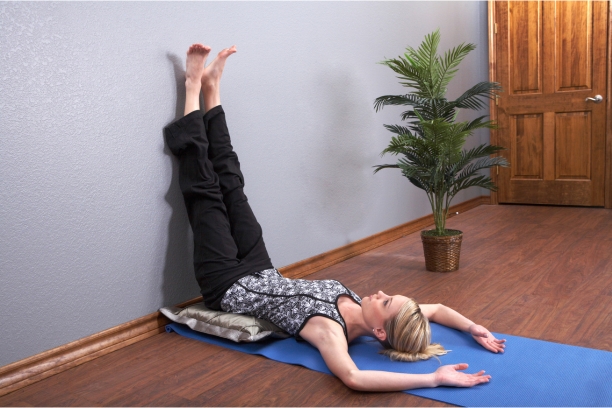
7. Pranayama: Nadi Shodhana (Alternate Nostril Breathing): Nadi Shodhana balances energy channels, calms the mind, and harmonizes the nervous system. Regular practice can alleviate mood swings and anxiety.

8. Pranayama: Bhramari (Bee Breath): Bhramari relieves stress and emotional tension by activating the parasympathetic nervous system. It encourages relaxation and emotional stability.
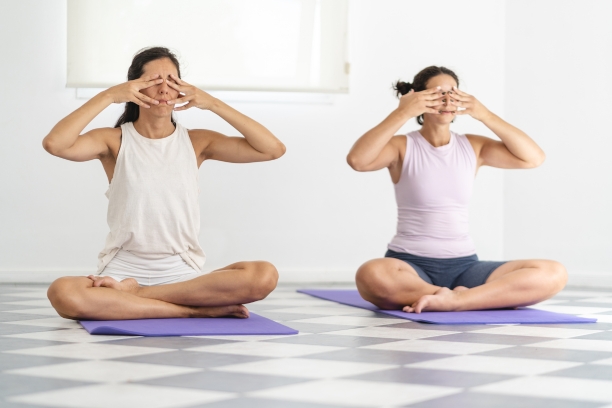
9. Pranayama: Sheetali (Cooling Breath): Sheetali cools the body, reduces anger and irritability, and supports emotional balance during PMS.

10. Meditation and Yoga Nidra: Meditation and Yoga Nidra enhance self-awareness, reduce stress, and promote emotional well-being. Regular practice can alleviate mood-related PMS symptoms.
Unraveling the Complexities
Understanding PMS: Premenstrual Syndrome encompasses a range of physical, emotional, and psychological symptoms that occur before menstruation.
Beyond Hormones: While hormonal fluctuations are a primary trigger, factors such as stress, diet, inflammation, and genetics play a role in PMS.
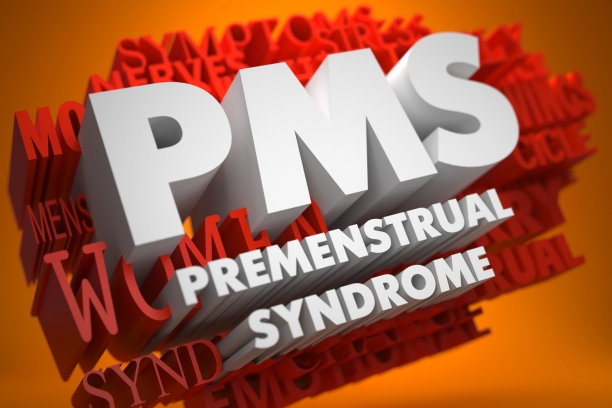
Conclusion:
Naturopathic management for PMS offers a multifaceted approach that addresses hormonal imbalances, psychological factors, and overall well-being.Understanding the multifaceted causes of PMS and recognizing the diverse range of symptoms is the first step toward effective management. Naturopathic treatments for PMS go beyond symptom management; they address the root causes and aim to restore hormonal balance, emotional well-being, and overall vitality.By incorporating these yogasanas and yogic techniques into your routine during the premenstrual phase, you can tap into the transformative power of yoga to harmonize your body, mind, and emotions.




